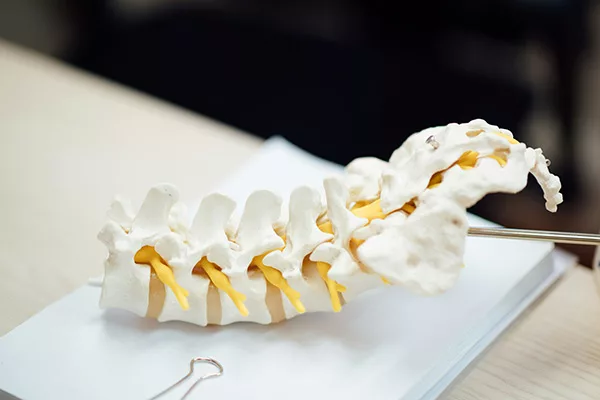The spinal cord is a vital part of our body’s central nervous system. It serves as a messenger, transmitting signals between the brain and the rest of the body. Unfortunately, accidents can happen that lead to spinal cord injuries. These injuries can have a profound and lasting impact on a person’s life. In this article, we will explore the causes, effects, treatment, and prevention of spinal cord injuries.
What Is a Spinal Cord Injury?
A spinal cord injury occurs when there is damage to the spinal cord that disrupts its normal functioning. The spinal cord is a bundle of nerves protected by the vertebrae, which make up the backbone. It extends from the base of the brain to the lower back. When the spinal cord is injured, the messages transmitted between the brain and the body can be interrupted or blocked, leading to a loss of sensation and mobility.
Causes of Spinal Cord Injuries
Spinal cord injuries can be caused by various factors, including:
- Traumatic accidents. These include falls, sports-related injuries, motor vehicle accidents, and physical violence. Any sudden impact or forceful blow to the spine can result in a spinal cord injury.
- Non-traumatic causes. Spinal cord injuries can also occur due to non-traumatic reasons like infections, tumors, or medical conditions like arthritis or degenerative disc disease. These conditions can put pressure on the spinal cord, leading to damage.
Effects of Spinal Cord Injuries
The effects of a spinal cord injury depend on the severity and location of the damage. Some common effects may include:
- Paralysis. Spinal cord injuries can cause partial or complete paralysis. Paraplegia refers to paralysis of the lower limbs, while tetraplegia (also known as quadriplegia) affects both the arms and legs.
- Sensory changes. Individuals with spinal cord injuries may experience loss of sensation or altered sensations in the affected areas. This can include the ability to feel touch, temperature, or pain.
- Loss of bladder and bowel control. Spinal cord injuries can also disrupt the normal functioning of the bladder and bowels, leading to incontinence or other related complications.
- Respiratory difficulties. Injuries higher up on the spinal cord can affect the muscles involved in breathing, making it difficult to breathe without assistance.
- Emotional and psychological impact. Dealing with a spinal cord injury can be emotionally challenging. Many individuals may experience feelings of grief, anger, anxiety, or depression as they adjust to their new circumstances.
Treatment and Rehabilitation
Spinal cord injuries require immediate medical attention and ongoing treatment. The primary goals of treatment are to stabilize the injury, prevent further damage, and maximize the individual’s chances of functional recovery. Treatment options may include:
- Immobilization. In the early stages, immobilizing the spine with braces or collars can help prevent further damage.
- Surgery. In some cases, surgery may be required to remove any fragments of bone or foreign objects pressing against the spinal cord, stabilize the spine, or repair ruptured discs.
Medications: Various medications may be prescribed to manage pain, reduce inflammation, prevent blood clots, and minimize muscle spasms. - Rehabilitation. Rehabilitation plays a crucial role in the recovery process, helping individuals regain as much independence and functionality as possible. This may involve physical therapy, occupational therapy, and psychological counseling.
Preventing Spinal Cord Injuries
Prevention is key when it comes to spinal cord injuries. Here are some measures that can help you reduce the risk:
- Practice safe driving habits. Follow traffic rules, wear seatbelts, and avoid driving under the influence of alcohol or drugs.
- Use protective equipment. When participating in sports or activities with a risk of spinal cord injury, wear appropriate safety gear like helmets, pads, and braces.
- Prevent falls. Use handrails on staircases, keep walkways clear of obstacles, and use proper protective measures when working at heights.
- Be cautious around water. Avoid diving into shallow water, and always pay attention to warning signs and depth markers.
- Maintain good posture and back health. Practice good posture while sitting, lifting heavy objects correctly, and engaging in regular exercise to keep your back muscles strong.
Remember, accidents can happen, but by taking appropriate precautions and making safe choices, you can significantly reduce the risk of spinal cord injuries.
If you or someone you love has been a victim of a spinal cord injury, contact Barber & Associates today. We are ready to help you recover compensation to pay for medical treatment, ongoing needs, and other costs. Give us a call today to discuss your case.
